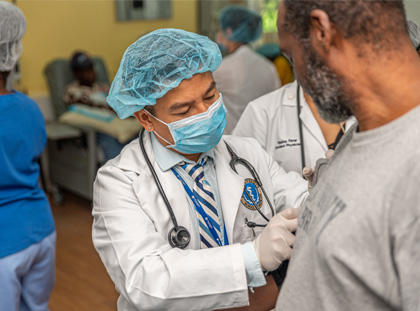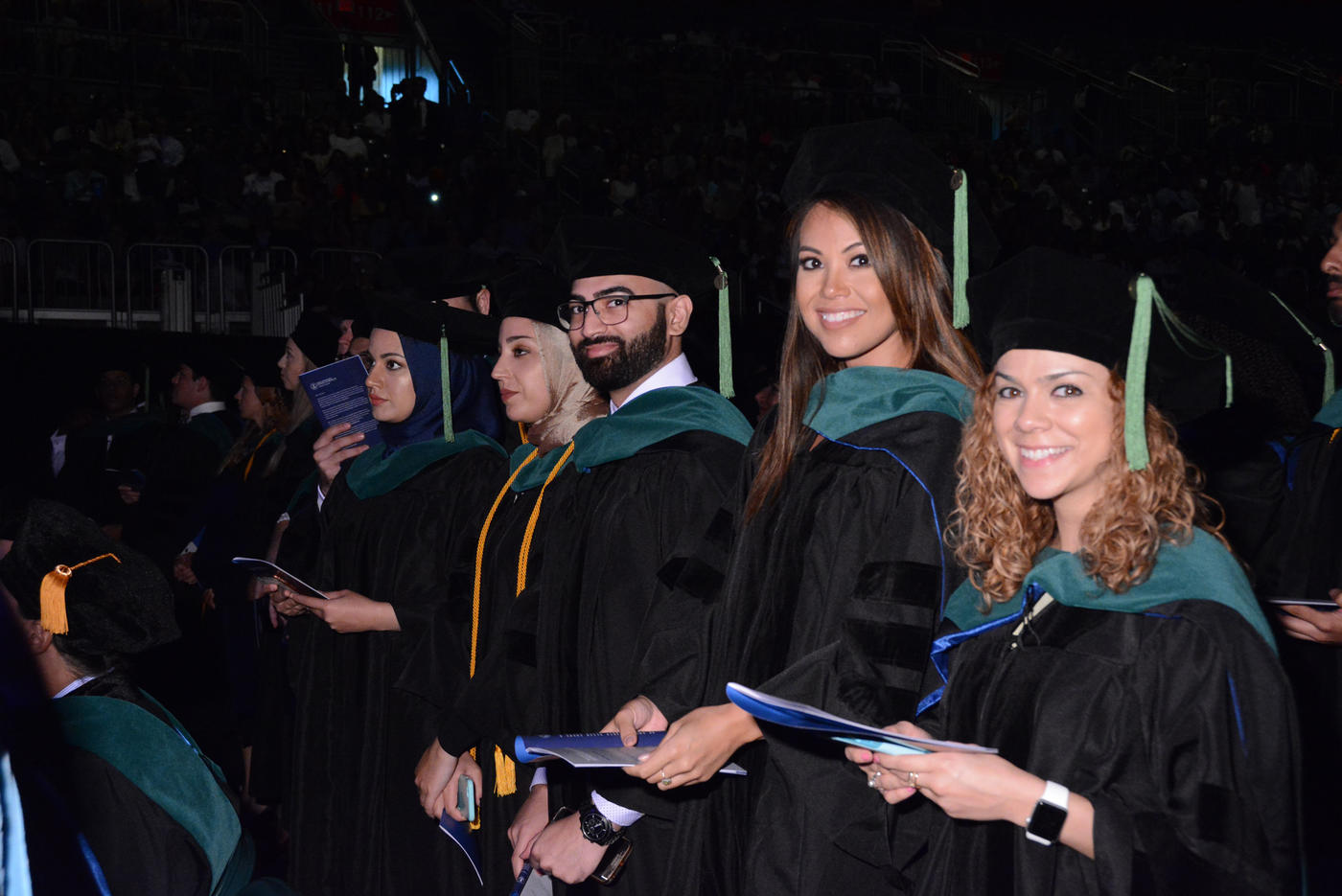The Medical College Admission Test® (MCAT®) is a standardized, multiple-choice exam administered by the Association of American Medical Colleges (AAMC). It is an essential task to complete for an aspiring medical student. While there are many important parts to a medical school application, the score that you receive on the MCAT, coupled with your grade point average (GPA), are two of the most important factors that an admissions committee at an accredited medical school—such as Ross University School of Medicine (RUSM)*—will consider. Admissions officials take into account all MCAT parts to assess a student’s problem-solving skills, critical thinking, and knowledge of natural, behavioral, and social science concepts and principles prerequisite to the study of medicine.
The AAMC provides prospective medical students with a grid that outlines previous admissions statistics based on student GPAs and MCAT scores. Because of the profound impact that test results have, those who are planning on applying to medical school will need to understand what is on the MCAT.
What is tested on the MCAT?
Before you begin any kind of MCAT study, the first question to ask is what is on the MCAT? Test topics include a variety of medical science subjects, and you will need to understand how the subjects are tested. The MCAT examines your scientific inquiry and reasoning through four main skills:
MCAT takers must demonstrate their knowledge of concepts and principles in the behavioral, natural, and social sciences, as well as their relationships with one another.
Here, students use scientific concepts, models, and theories to solve problems in the behavioral, natural, and social sciences.
MCAT takers must demonstrate their understanding of scientific methodology, as well as the ways behavioral, natural, and social scientists conduct research to test and extend scientific knowledge.
Here, students demonstrate their data-based and statistical reasoning skills and they must read and interpret results using charts, graphs, and tables.
MCAT Format
To fully understand what is on the MCAT, it is important to understand the MCAT categories and how the test is formatted. All questions are multiple choice, and the MCAT topics are divided into four sections:
For BBLS (the biology section), you have 95 minutes to answer 59 questions that cover concepts of biochemistry, biology, and both inorganic and organic chemistry. This section also tests your knowledge of cellular and molecular biology as well as research and statistical topics.
Also posing 59 questions over 95 minutes, CPBS (the chemistry section) covers biology, biochemistry, physics, and inorganic and organic chemistry. This section also tests your knowledge of the functions of human tissues, organs, and organ systems.
Following the 59 question/ 95 minute structure, PSBB (the “psych and soc” section) covers concepts related to the behavioral and sociocultural determinants of health.
For CARS (the verbal reasoning section), you have 90 minutes to answer 53 passage-based questions. Here, students must demonstrate the ability to logically and critically reason based on the provided information—which is not necessarily science-based.
Now that you know more about MCAT topics, dig in deeper and begin studying well in advance—anywhere from three to six months before test day. RUSM’s MCAT page has more information on this important test, and you should also check out the MCAT FAQs. Learn more about RUSM’s MD program, take the MCAT, and apply for admission to RUSM to put all that knowledge to good use and begin your journey to becoming a physician.
Related Resources:
- Medical School Admissions Requirements
- MCAT Prep: How To Study For The MCAT
- What Is A Good MCAT Score For Medical School?



